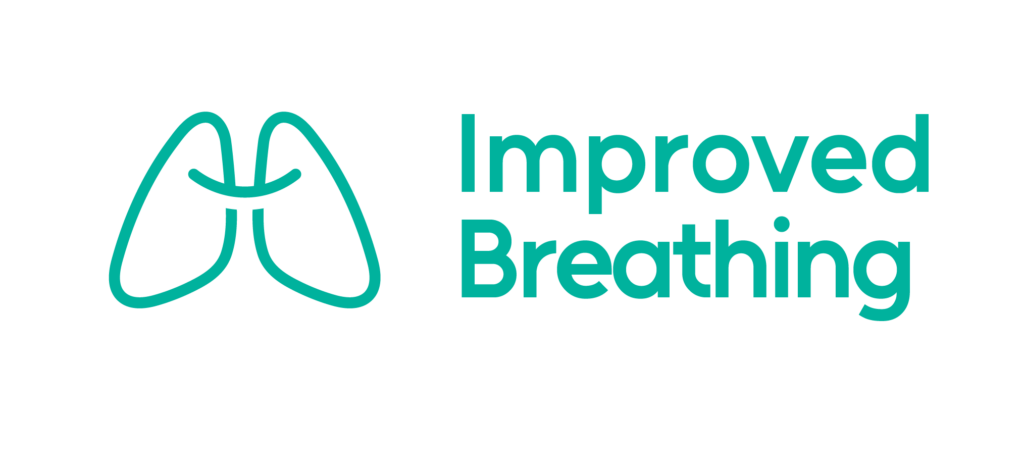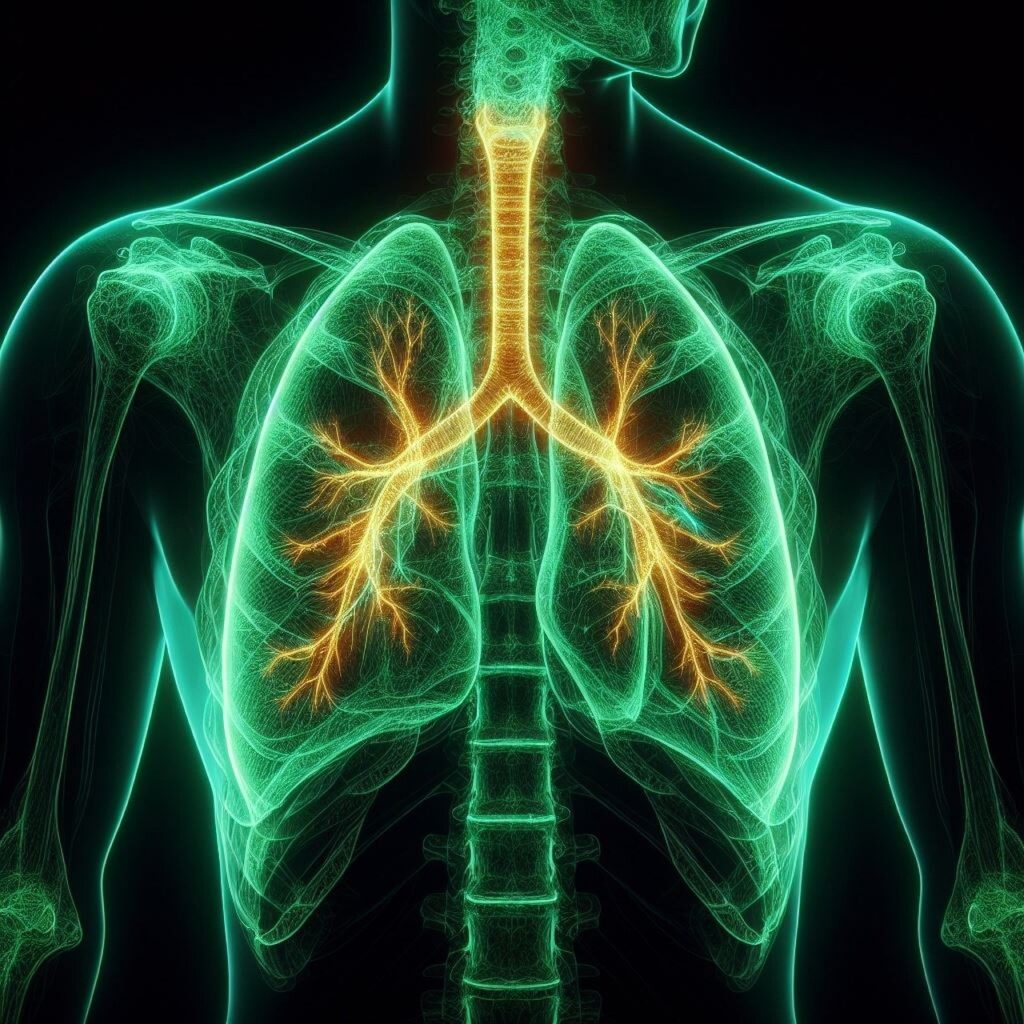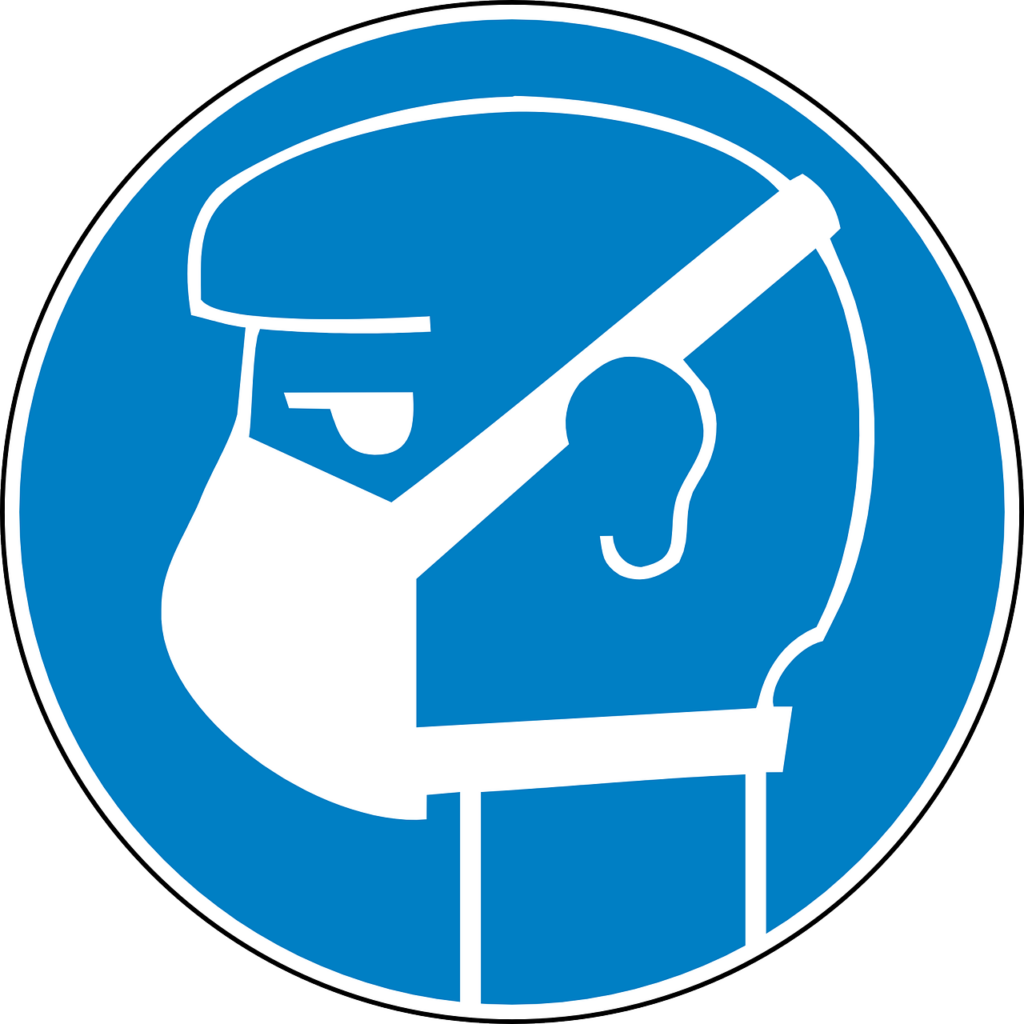As the seasons change, many people experience the familiar symptoms of seasonal allergies: sneezing, runny nose, and itchy eyes. But for those with long-term lung conditions like COPD or emphysema, seasonal allergies can pose additional challenges to respiratory health. In this blog, we’ll explore how seasonal allergies affect lung health and discuss effective management strategies, especially for those with chronic lung diseases.
Understanding Seasonal Allergies
Seasonal allergies, also known as hay fever or allergic rhinitis, occur when the immune system overreacts to airborne substances like pollen, mold spores, or dust mites. These reactions typically coincide with specific seasons, though some allergens may be present year-round.
Common allergens include:
- Spring: Tree pollen
- Summer: Grass pollen
- Fall: Weed pollen (especially ragweed)
- Year-round: Mold spores, dust mites, and pet dander
The Impact on Lung Health
While seasonal allergies primarily affect the upper respiratory system, they can have significant implications for overall lung health, particularly for those with pre-existing lung conditions.
- Increased inflammation: Allergic reactions cause inflammation in the airways, which can exacerbate breathing difficulties in people with COPD or emphysema.
- Mucus production: Allergies stimulate increased mucus production, potentially leading to congestion and making it harder to breathe, especially for those with compromised lung function.
- Asthma triggers: For individuals with asthma alongside COPD (a condition known as Asthma-COPD Overlap Syndrome), seasonal allergies can trigger asthma attacks.
- Reduced lung function: The combination of inflammation and increased mucus can temporarily reduce lung function, which is particularly concerning for those already dealing with limited lung capacity.
- Increased risk of respiratory infections: Constant irritation of the airways due to allergies may increase susceptibility to respiratory infections, a serious concern for individuals with chronic lung diseases.
Managing Seasonal Allergies with Lung Conditions
If you have COPD, emphysema, or another chronic lung condition, it’s crucial to manage your seasonal allergies effectively. Here are some strategies to help:
- Know your triggers: Work with your healthcare provider to identify specific allergens that affect you. This knowledge can help you avoid or minimize exposure.
- Monitor pollen counts: Check local pollen forecasts and plan outdoor activities when counts are lower, typically in the early morning or on rainy days.
- Keep indoor air clean: Use high-efficiency particulate air (HEPA) filters in your home, especially in the bedroom. Regularly clean or replace air conditioner filters.
- Practice good hygiene: Shower and change clothes after spending time outdoors to remove allergens. Wash bedding weekly in hot water.
- Use medication wisely: Consult your doctor about safe allergy medications. Some antihistamines may be drying and potentially worsen COPD symptoms, so it’s important to choose appropriate options.
- Consider nasal irrigation: Saline nasal rinses can help flush out allergens and reduce congestion.
- Maintain your lung health regimen: Continue with your prescribed COPD or emphysema treatments, including any inhalers or nebulizers.
- Stay hydrated: Drinking plenty of water can help thin mucus secretions, making them easier to clear from your airways.
- Wear a mask: When pollen counts are high or you’re doing activities that might stir up allergens (like gardening), wear a mask to reduce exposure.
- Optimize your living space: Keep windows closed during high pollen days, use dehumidifiers to control moisture and mold growth, and consider removing carpets which can harbor allergens.
- Explore immunotherapy: For severe allergies, talk to an allergist about immunotherapy (allergy shots or sublingual tablets), which can reduce sensitivity to specific allergens over time.
- Manage stress: Stress can exacerbate both allergy symptoms and lung conditions. Practice relaxation techniques like deep breathing exercises or meditation.
The Importance of a Comprehensive Approach
Managing seasonal allergies when you have a chronic lung condition requires a holistic approach. It’s not just about treating the allergy symptoms; it’s about maintaining overall lung health and preventing exacerbations of your underlying condition.
Regular check-ups with your pulmonologist or respiratory specialist are crucial. They can help adjust your treatment plan as needed and ensure that your allergy management strategies are compatible with your lung condition treatments.
Additionally, pulmonary rehabilitation programs can be beneficial, teaching breathing techniques and exercises that help maintain lung function and cope with breathlessness, which can be particularly useful during allergy seasons.
Final Words
Seasonal allergies present an additional challenge for those living with chronic lung conditions like COPD and emphysema. However, with proper management and a proactive approach, it’s possible to minimize the impact on your lung health and quality of life. By working closely with your healthcare team, identifying your triggers, and implementing effective strategies, you can navigate allergy seasons more comfortably and maintain better respiratory health year-round.
Remember, everyone’s experience with allergies and lung conditions is unique. What works best for you may require some trial and error. Don’t hesitate to reach out to your healthcare provider if you’re struggling to manage your symptoms or if you notice any changes in your respiratory health during allergy seasons.














